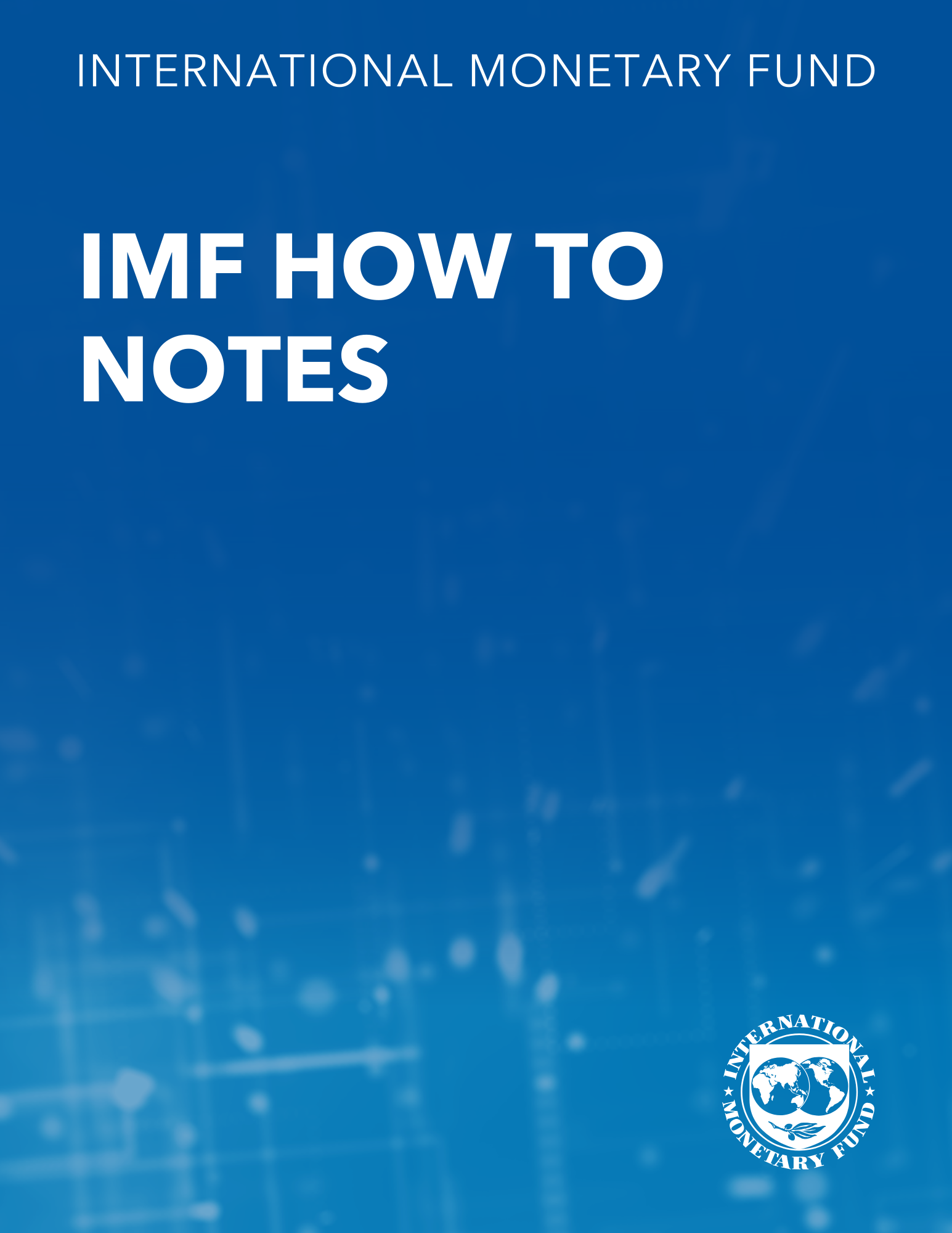Tax Incentives in Cambodia
March 29, 2018
Disclaimer: IMF Working Papers describe research in progress by the author(s) and are published to elicit comments and to encourage debate. The views expressed in IMF Working Papers are those of the author(s) and do not necessarily represent the views of the IMF, its Executive Board, or IMF management.
Summary
Subject: Corporate income tax, Effective tax rate, Tax holidays, Tax incentives, Tax policy, Taxes, Withholding tax
Keywords: Africa, Asia and Pacific, Central and Eastern Europe, circumstances Cambodia, Corporate income tax, depreciation rate, East Asia, Effective tax rate, effective tax rates, investment allowance, North Africa, R&D tax incentive, retained earnings, Tax Competition, Tax holidays, Tax incentives, tax incentives in Cambodia, Withholding tax, withholding tax tax rate, WP
Pages:
22
Volume:
2018
DOI:
Issue:
071
Series:
Working Paper No. 2018/071
Stock No:
WPIEA2018071
ISBN:
9781484347522
ISSN:
1018-5941





